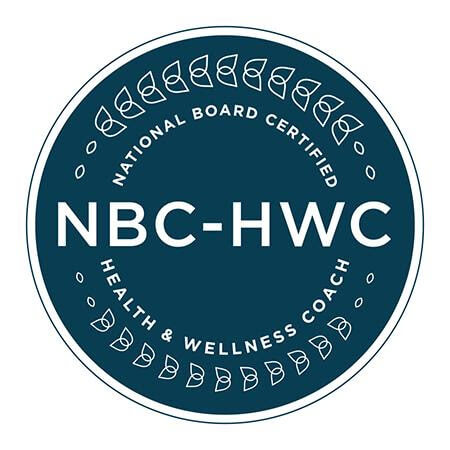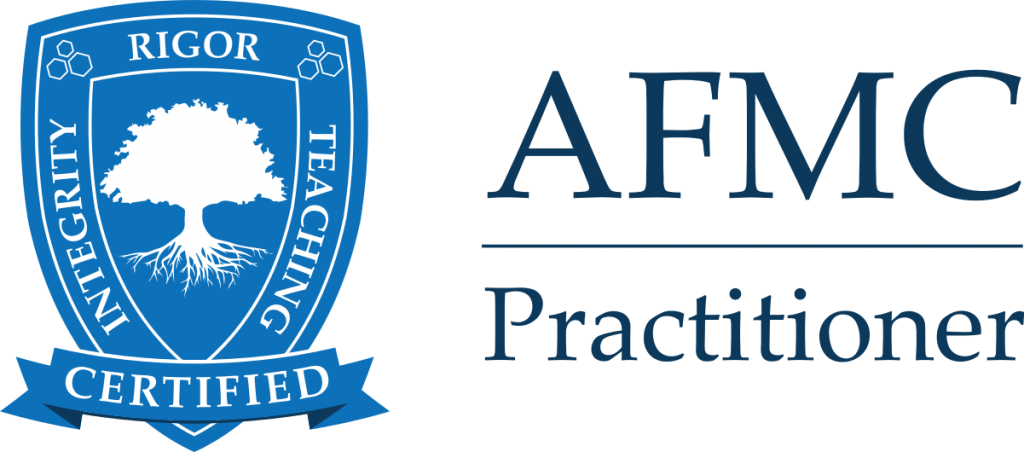What Are Probiotics? And How Important Are They?
- Nadia Kawash
- Body, Insights, Supplements
Probiotics are the beneficial bacteria in the form of nutritional supplement or fermented food, which can be an attempt to replace or supplement damaged indigenous flora living in the gut. Contrary to antibiotic meaning “against life” probiotic means “pro- life” or “for-life”.
The use of probiotic bacteria in the form of fermented foods goes back to pre Christian times. People fermented milk, fruit, veg, fish, beans etc..
Fermenting food improves its taste and makes food more digestible and preserves it e.g. Sauerkraut (Germany, East Europe and Russia), Olives (Mediterranean), Kefir (Russia), Lassi (India), Fermented fish and Kimchi (Asia and Korea), Mazun (Armenia), fermented grains (Africa).
There are 6 kinds of bacteria we consider probiotic:
- Lactobacilli- the #1 most common sold Bifidobacteria the # 2
- Saccharomyces boulardii
- Escherichia coli or E.Coli
- Enterococcus Faecium or streptococcus Faecalis
- Baccillus Subtilis or Soil Bacteria

Lactobacilli:
- This is the 2nd most numerous family of bacteria, which produce a) lactic acid – hence their name and b) Hydrogen peroxide.
- Lactobacilli are normal and essential inhabitants of the human gut, mucous membranes of the mouth, nose, throat and upper respiratory tract, vagina and genital area.
- They are found in large Numbers in human breast milk hence the importance of breastfeeding.
- Lactobacilli produce lactic acid that maintains an acidic environment (ph 5.5-5.6) on mucous membranes, which suppresses the growth of pathogenic microbes.
- Hydrogen Peroxide- is a powerful antiseptic, anti-bacterial, anti-viral and anti-fungal agent, which do not allow pathogens to get a hold in the gut.
- Lactobacilli engage with the immune system among other things and are involved in the cell re-newel process in the gut and keeping the gut lining healthy and intact.
Bifidobacteria;
- Is the no. 1 most numerous of the probiotic bacteria and 7 times more than Lactobacilli.
- It is found in the lower intestines, vagina and genital area.
90-98% of all bacteria living in the bowel of a healthy baby are bifidobacteria. - Other than producing antibiotic-like substances, which protect the gut from pathogens, engaging in the immune system and maintaining gut integrity and health, they also act as a source of nourishment for the body.
- Bifidobacteria synthesizes amino acids, proteins, and vitamin k, organic acids, vitamin B1, and B2, B3, folic acid, B6, B12 and assist absorption of CA, Iron and vitamin D.
Saccharomyces boulardii;
- This is yeast and has been found to be effective in treating various forms of diarrhea in children and adults.
Escherichia coli or E. Coli:
- The pathogenic members of this large bacteria family cause serious infections.
- However the Physiology strains E.coli are normal and numerous and are inhabitants of a healthy human gut.
- They occupy particular areas of the digestive system; the bowel, the lower parts of the intestines and should not be found anywhere else.
- If found in the mouth, stomach or duodenum, then that indicates an abnormality in the gut ecology.
- The E.coli digests lactose, produce vitamin K and group B amino acids and produce antibiotic substances, called colicins and have an effect on the immunity of the gut.
- Having strains of E.coli is the best insurance against succumbing to pathogenic strains of E.coli.
Enterococcus Faeciumor or streptococcus Faecalis;
- These strains of bacteria are found in the bowel where they control pathogens by producing hydrogen peroxide and reducing ph. to 5.5.
- They break down proteins and ferment carbohydrates.
- They are effective in treating diarrhea and found in probiotic supplements in the market.
Bacillus Substilis or soil bacteria;
- Is a spore-forming microbe and is resistant to stomach acid, most antibiotics, temp. changes and other influences.
- It has a strong immune –stimulating properties and is effective with allergies and autoimmune disorders.
- It produces a whole host of digestive enzymes anti-viral, anti-fungal, anti-bacterial and other active substances.
- Soil bacteria are not indigenous to humans.
- They are transitional microbes, which do not colonize the gut but go through it doing a lot of work on the way.
- We used to consume soil bacteria in large amounts when we were drinking water from wells and streams. In the process of evolution the human gut has developed a need for these transitional bacteria to keep the gut clean.
- In Dr. Natasha Campbell opinions, probiotics soil bacteria are the most effective probiotics on the market.







